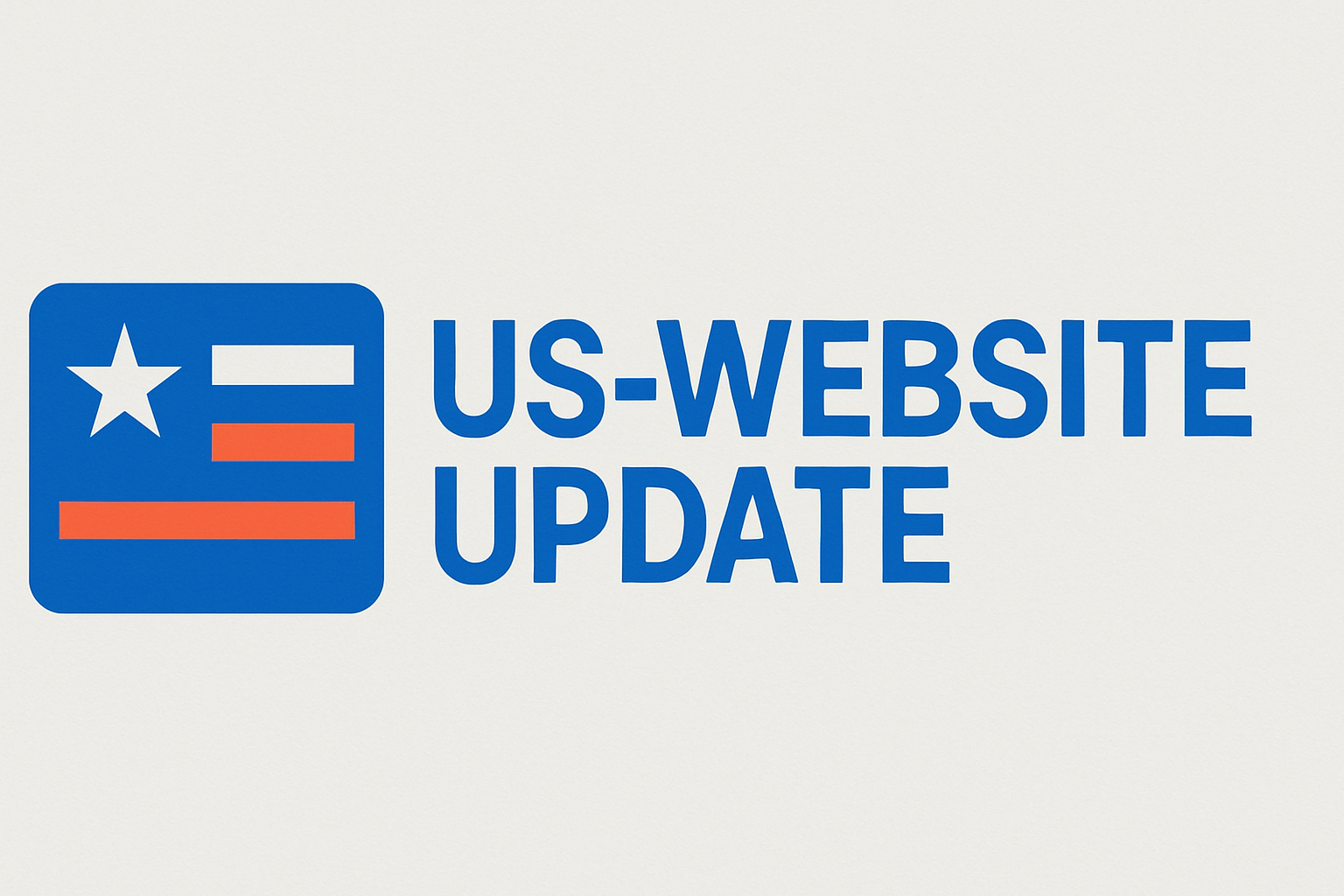In a rapidly evolving tech landscape, hiring skilled professionals has become more critical—and more challenging—than ever. From software developers and data scientists to cloud architects and DevOps engineers, finding the right talent requires not only sourcing candidates but also thoroughly evaluating them. Traditional methods of assessment, however, often fall short in terms of speed, scalability, and consistency. That’s where technical interview as a service steps in, transforming the way organizations conduct technical interviews and hire top-tier talent.
By leveraging external platforms and domain experts, companies can streamline their recruitment workflows, reduce internal burdens, and ensure fair, skill-based hiring. This article explores how technical interview as a service works, its benefits, and why it’s becoming an indispensable tool for modern tech hiring.
What Is Technical Interview as a Service?
Technical interview as a service is a specialized solution where third-party experts conduct interviews on behalf of a hiring company. These services offer structured assessments for various technical roles, covering everything from live coding sessions to system design evaluations and even soft skills interviews.
Instead of relying solely on in-house teams to vet candidates, businesses outsource this step to trained interviewers who evaluate candidates objectively based on predefined criteria. This method not only saves time but also ensures interviews are consistent, unbiased, and aligned with industry standards.
The Role of Technical Interviews in Hiring
A technical interview is more than a screening exercise—it’s the cornerstone of tech hiring. It tests a candidate’s problem-solving ability, coding skills, understanding of algorithms, and real-world application of knowledge. However, traditional technical interviews often suffer from several challenges:
- Lack of interviewer availability
- Inconsistency in evaluation
- Time-consuming scheduling
- Subjective feedback
- Poor candidate experience
These challenges lead to delayed hiring, bad hires, and low candidate satisfaction. Implementing technical interview as a service addresses these pain points while enhancing the effectiveness of the hiring process.
How Technical Interview as a Service Works
The typical process of using technical interview as a service includes:
- Role Definition
The hiring company defines the job role, skills required, and desired interview format. - Interview Design
The service provider creates a customized interview structure based on company needs, including coding problems, system design tasks, or scenario-based questions. - Expert Allocation
A qualified domain expert is assigned to conduct the interview, often from a pool of vetted professionals. - Interview Execution
Interviews are conducted via video calls or integrated platforms with live coding environments. - Scoring and Reporting
After the interview, the expert submits a detailed report with scores, technical observations, and a hiring recommendation. - Candidate Handoff
The hiring company receives the report to move forward with offers or further interviews.
Key Benefits of Technical Interview as a Service
1. Faster Hiring Cycles
Interview scheduling and feedback loops are significantly faster with dedicated interviewers on standby.
2. Expert-Led Assessments
Candidates are assessed by professionals with deep industry experience, ensuring a high level of rigor and accuracy.
3. Scalability
Easily handle high-volume hiring needs or sudden recruitment spikes without straining internal teams.
4. Unbiased Evaluation
Standardized rubrics reduce subjectivity, ensuring all candidates are assessed on equal footing.
5. Enhanced Candidate Experience
Professional, structured interviews improve the candidate’s perception of your brand.
6. Reduced Engineering Involvement
Your in-house tech teams can focus on building products, not conducting interviews.
When to Use Technical Interview as a Service
Technical interview as a service is especially beneficial in the following scenarios:
- Startups with lean teams
- Companies scaling quickly
- Organizations hiring remotely or globally
- Enterprises with high-volume needs
- Recruiters or agencies managing multiple clients
This model is also effective when internal teams lack specific domain expertise (e.g., AI/ML, blockchain, etc.) or when time is of the essence.
Features to Look for in a Service Provider
When selecting a technical interview as a service provider, ensure they offer:
- A vetted pool of experienced interviewers
- Support for multiple tech stacks and roles
- Customizable interview formats
- Seamless virtual interview capabilities
- Integration with your ATS or HR platform
- Comprehensive post-interview reports
- Transparent pricing and SLAs
Leading providers also offer analytics dashboards to track pass rates, interviewer performance, and candidate feedback.
Top Technical Interview as a Service Platforms
Several platforms have emerged as leaders in this space:
1. BarRaiser
Offers structured technical interviews using AI-backed analytics, candidate benchmarking, and a trained interviewer pool.
2. Intervue.io
Specializes in live coding interviews, technical assessments, and virtual hiring events.
3. FloCareer
Provides interview outsourcing with a focus on quality control, customization, and scalable operations.
4. HireHunch
Focuses on pre-screening and in-depth technical interviews for software development roles.
5. HackerEarth Remote Interview
While primarily a coding platform, it offers live technical interviews with real-time code sharing and evaluation.
Each of these platforms brings unique strengths, and the right choice depends on your industry, hiring volume, and role complexity.
Real-World Use Case: Scaling Fast with Outsourced Interviews
A SaaS startup needing to hire 30 backend developers in three months faced challenges: limited engineering bandwidth and inconsistent interview quality. By adopting technical interview as a service, they reduced time-to-hire by 40%, maintained quality benchmarks, and made better, faster hiring decisions.
The Future of Technical Hiring
As remote work, global hiring, and skill-based assessments become the norm, technical interview as a service is poised for even greater adoption. Innovations like AI-led evaluations, automated code grading, and real-time feedback loops will continue to enhance the efficiency and accuracy of tech hiring.
Forward-thinking companies that adopt this model will not only save time and cost but also gain a competitive edge in acquiring the best talent.
Conclusion
In the dynamic world of tech hiring, organizations must be agile, efficient, and accurate. Technical interview as a service provides a smart, scalable, and expert-driven approach to evaluating candidates. It helps businesses overcome internal limitations, enhance candidate experience, and streamline the entire hiring process.
Whether you’re a startup looking to scale or an enterprise optimizing recruitment, investing in this model can transform your hiring outcomes—making every technical interview count.









